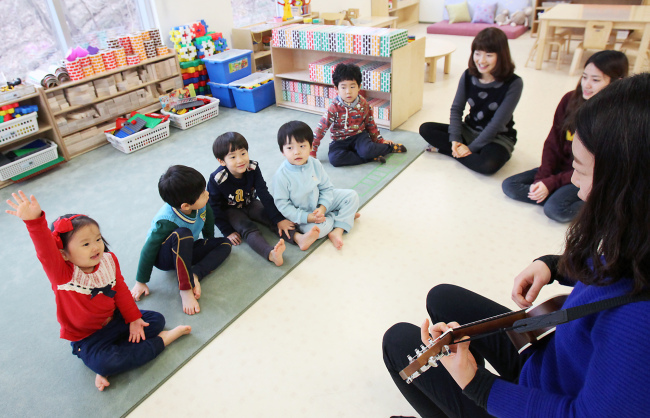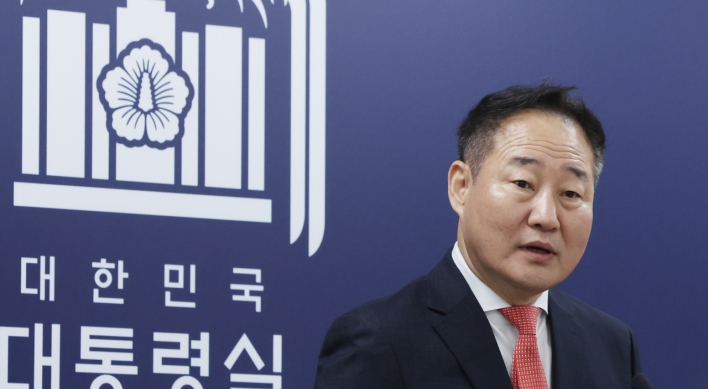
Toddlers who receive praise for their efforts, such as “you worked hard on that,” are more likely to prefer challenging tasks, U.S. researchers say.
Elizabeth Gunderson, assistant professor of psychology at Temple University and lead author on a study conducted while she was a graduate student at the University of Chicago, said the kind of praise focused on effort -- called process praise -- sends the message effort and actions are the sources of success, leading children to believe they can improve their performance through hard work.
However, praise focused on the child‘s characteristics, such as “You’re a big boy,” sends the message that a child‘s ability is fixed and results in decreased persistence and performance, Gunderson said.
The research team videotaped 53 children and their parents during everyday interactions at home. Each family was videotaped three times, when children were ages 1, 2 and 3. From the videotapes, the scholars identified instances in which parents praised their children and classified their praise as either process praise, which emphasized a child’s effort; person praise, which implied that a child possessed a fixed, positive quality; or other praise, which included all other types of praise.
The researchers followed up with the children five years later, when they were ages 7 to 8.
The study, published online in the journal Child Development, found when parents used a larger percentage of process praise their children reported more positive approaches to challenges and believed their traits could improve with effort. However, the children‘s responses were not related to the total amount of praise they received, the study said. (UPI)
<관련 한글 기사>
아이, 이렇게 칭찬하라
“많이 노력했구나.”와 같이 아이의 노력을 칭찬하는 것이 아이에게 가장 긍정적인 영향을 미친다고 미국 연구진이 전했다.
미국 템플대학교(Temple University) 심리학 조교이자 본 연구의 책임자인 엘리자베스 건더슨(Elizabeth Gunderson)은 시카고대학교(University of Chicago) 대학원에서 수학하던 중 연구를 수행했다.
건더슨은 아이의 노력을 칭찬하는 것이 본인의 노력과 행동이 중요하며 이를 통해 좋은 성과를 낼 수 있다는 믿음을 심어준다고 말했다. 이는 “과정 칭찬(process praise)”라고 불린다.
반면 아이의 원천적 특징을 칭찬하는 것, 예컨대 “너는 정말 훌륭해.”라는 식의 말은 아이가 자신의 능력이 변하지 않는다는 생각을 하게 하며, 이는 오히려 아이의 끈기와 재능을 떨어뜨리는 결과를 낳는다고 전했다.
연구팀은 53명의 아이들이 그들의 부모와 겪는 상황을 매일 촬영했다. 아이들이 1,2,3세에 이르기까지 차례로 촬영했으며, 이후 7,8세가 되었을 때 다시 조사를 했다.
연구는 아동발달저널(journal Child Development) 웹사이트에 게재되었으며 과정칭찬을 많이 한 부모의 자녀가 더욱 도전적이며, 노력을 중요시한다고 결론 지었다. 그러나 아이의 발달 양상이 칭찬을 얼마나 많이 받았는지와 직접적으로 연관되지는 않았다고 연구팀이 밝혔다. (코리아헤럴드)
-
Articles by Korea Herald






![[K-pop’s dilemma] Can K-pop break free from ‘fandom’ model?](http://res.heraldm.com/phpwas/restmb_idxmake.php?idx=644&simg=/content/image/2024/05/09/20240509050541_0.jpg&u=20240509173751)












